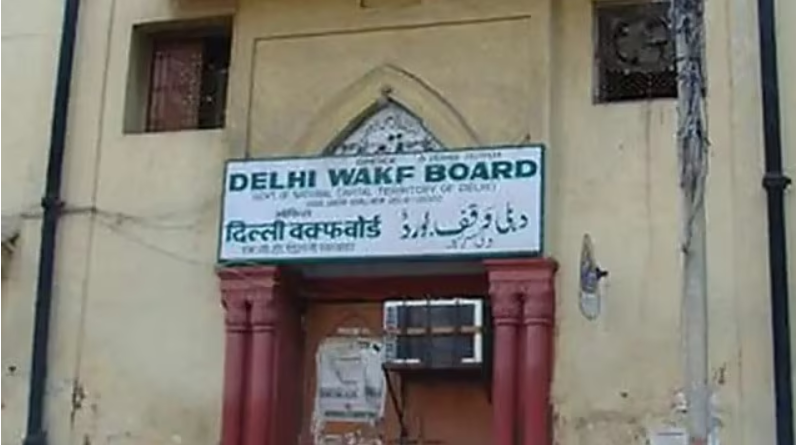Kerala: Syro-Malabar Church backs changes to Islamic property law
In a letter, Archbishop Andrews Thazhath denounces the misappropriation of property owned by Christian fishing families in Ernakulam district. After intense debate, the Waqf (Amendment) Bill, tabled in early August, was forwarded to a joint parliamentary committee. Muslims, however, fear control by the central government.
Kochi (AsiaNews) – The Syro-Malabar Church has submitted a formal request to the Joint Parliamentary Committee in support of the revision of the Waqf (Amendment) Bill, amending the 1995 Waqf Act. The latter regulates ownership of assets donated to Islamic endowments.
In a letter dated 10 September, Archbishop Andrews Thazhath, chairman of the Syro-Malabar Public Affairs Commission (SMPAC), slammed claims by the Waqf Board of ownership of assets belonging to Christian families in Ernakulam, a district in the southern Indian state of Kerala.
According to the Church, this situation has generated long legal battles and has put about 600 families at risk of eviction. The people involved, residents of the villages of Cherai and Munambam, are mainly fisher people, a community that has lived in the area for generations.
However, their properties have been claimed as "waqfs," endowments that, according to Islamic law, belong to Muslim religious charities.
The Catholic Bishops' Council of Kerala (KCBC) also wrote to the Lok Sabha[*] Secretariat, expressing support for the amendments to the law to avoid further cases of expropriation.
The two church organisations urged the Parliamentary Committee to take immediate and definitive measures to reduce tensions, demanding that changes to the law be based on constitutional and humanitarian principles.
According to representatives of the Syro-Malabar Church, the government should consider the "tragic situation" of these families, who risk being expelled from their homes by virtue of "totally unjust and inhumane" claims, said a source close to the Church.
“These people belong to the impoverished fishermen community.” In addition to people’s homes, “One Catholic parish church, a convent, and a dispensary are under threat of evacuation by the Waqf Board,” the source said, stressing the gravity of the situation.
Tomorrow, Munambam residents will hold a demonstration in Vanchi Square, the historic centre of Fort Kochi, to denounce the unjust claims of the Waqf Board and demand the protection of their rights.
The Waqf (Amendment) Bill was presented to the Lok Sabha on 8 August for the purpose of reviewing the management of properties designated as "waqf" across India.
Several opposition leaders argue that proposed amendments risk reigniting sectarian tensions.
One of the key provisions is that two non-Muslims and at least two women be included in the Central Waqf Council, which will have to advise central and local administrations and Waqf committees.
After intense debate, the bill was forwarded to a joint parliamentary committee with several lawmakers from both the lower and upper houses.
Many legal cases involving waqf properties remain unresolved and in Kerala, a state with a substantial Christian and Muslim presence, these disputes have fuelled social and religious tensions.
For their part, Muslim leaders fear that the new law will further marginalise the Islamic community, introducing greater government control over religious assets hitherto administered only by the Waqf Board.
[*] The lower house of the Indian Parliament.
07/02/2019 17:28
12/07/2021 16:01







.png)










